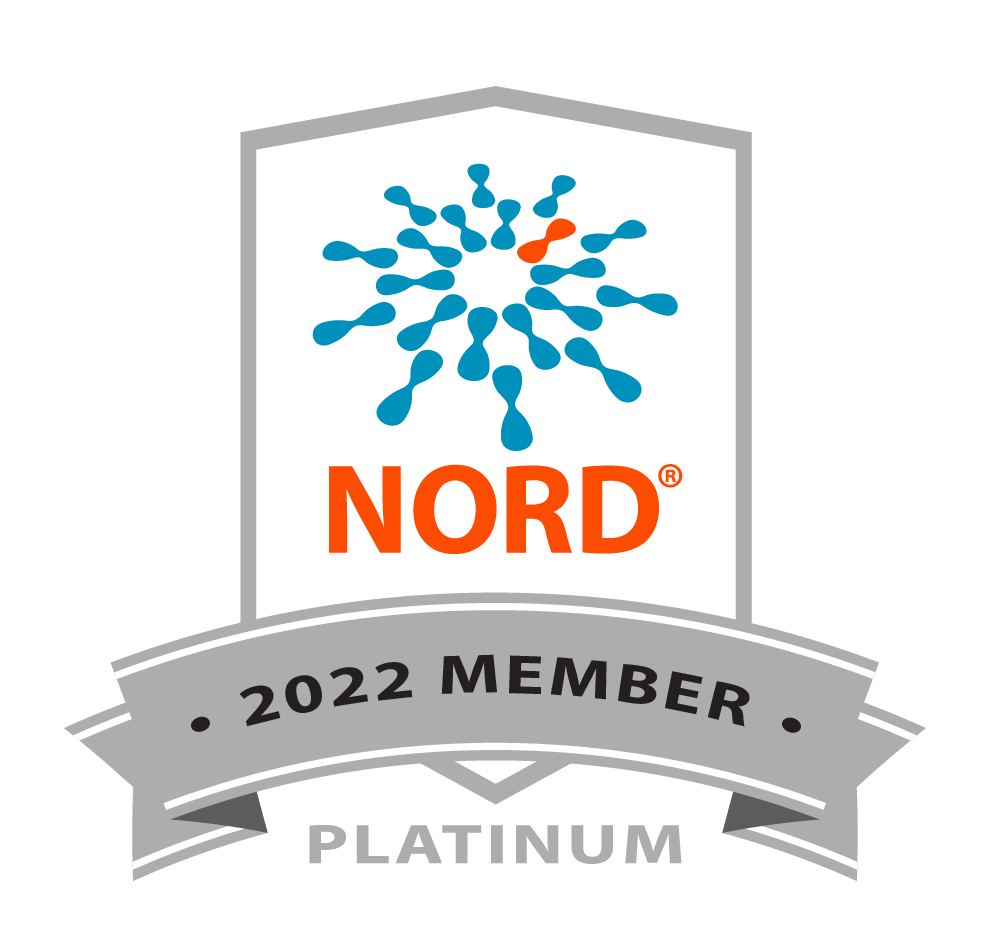To look at him, Don Davis seems fine. He has been a part of the Tunkhannock Area School District landscape for as long as people can remember, as a student, athlete, teacher, coach, scorekeeper, and fan.
But in 1988, Davis, 71, was diagnosed with Alpha-1.
Alpha-1, or alpha antitrypsin deficiency, is a genetic lung disorder where the alpha protein does not leave the liver to go into the lungs. The alpha protein gives the lung the elasticity to function. The disorder is often diagnosed as asthma or COPD (chronic obstructive pulmonary disease).
Davis, along with his wife Barbara, 70, recently completed a month-long ride called “Riding for a Reason- Cure Alpha-1.”
Team Alpha has participated in the American Lung Escape to the Cape ride for the past 25 years. That was a three-day, 160-mile ride at Cape Cod.
The ride, like many other events, was canceled this year because of COVID-19. That didn’t deter the pair of retired educators. When a plan was announced, they were all in.
The Alpha-1 Foundation decided to do a month-long virtual ride throughout the month of September. Each cyclist was raising research money to help find a cure, and renamed the adventure as “Riding for a Reason-Cure Alpha-1.”
This year’s charity ride consisted of 140 riders, and Barb placed first in the women’s category with 506 miles, while Don was second in the male grouping with 503 miles.
“Since I wasn’t coaching this year, due to the virus, and combine that with September being a beautiful month, we did a lot of riding,” said Don Davis. “I have done a different ride, Escape to the Cape, for 19 years. I started the first four years on a street bike then moved up to a road bike. The last three years, because of my declining lung capacity, I switched to an e-bike in which I can get assistance on the hills. Barb always worked in the Team Alpha rest stop then decided to ride part of the ride the last three years.”
An e-bike is a bicycle complete with an electric battery. Davis said his friends and co-riders, mostly in their 70s, have them as well. He also said he gets his e-bike and most of his supplies from Sickler’s Bike Shop.
He receives replacement infusions weekly at Tyler Memorial Hospital to slow the progression of the disease. He has participated in clinical research trials at the University of Florida, NIH, University of Miami and University of Pennsylvania.
His doctor encouraged him to stay physically fit to help keep his body strong. He also needs to keep conditioning, supporting the muscles around his lungs.
He admits COVID-19 threw a wrench into his gym attendance, and the cooler weather put a damper on his swimming. This ride, however, was something he knew he could do.
The former volleyball and football coach, known as Eagle in the high school athletic circle, says his past bicycle riding experience was limited to just “normal bike riding as a kid.”
“I talk to my Alpha doctor every month, and COVID-19 has been a topic,” said Davis. “I have deficient lungs, and the virus attacks lungs.
“We miss our grandkids the most. We can’t hug them, and have to wear a mask at all times,” said Davis. “We have basically been isolated since March. We tried to do some Zoom calls with the grandkids, but, well it isn’t the same.”
Although he also misses seeing people at the games, he is staying away this year because he is high risk.
“I think it is the first time since 1954 I won’t be attending at least two Tiger games,” he said. “It is nice that they are streaming them though. I look forward to Friday nights.”
There are many types of abnormal alpha-1 antitrypsin genes, according to the Alpha-1 website. The most common abnormal genes are called S and Z. Normal genes are called M. A person who does not have Alpha-1 will have two M genes (MM).
Both of Davis’ parents were carriers, with his father’s diagnosis coming in his 80s. His wife has no genetic fault in her proteins, and is classified as a MM, but all three of the Davis’ children are carriers of Alpha-1.
“The medical community feels this disease is not detected as much as it should be,” said Don Davis. “At the present time, there is not any cure for Alpha-1 but the research to find a cure is going strong.”
To donate to the Davis’ team, visit the Penn Quakers fundraising page, or to learn more about Alpha-1 and the Alpha Foundation, visit www.alpha1.org.
Source: Wyoming County Press Examiner











